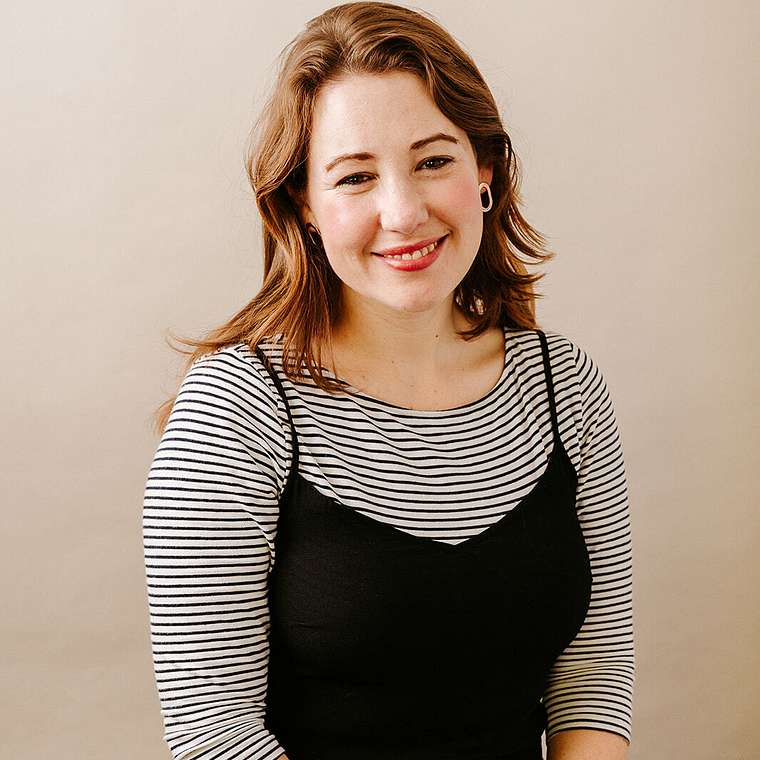Raya and Olive are pretending to make cakes with playdough. Two friends come to join them, and they decide to have a birthday party. Olive fetches a jar of gems to use as decorations for their cakes.
“I wonder if there will be enough for everyone to have some,” ponders Raya.
“There are lots of gems, I think there are twenty gems,” says Olive.
“I think there are thirty gems,” replies Raya. The girls tip out the gems, share them out and count they have ten gems each.
In this vignette, taken from the forthcoming ‘Early Mathematics’ section of the EEF’s ‘Early Years Evidence Store’, Raya and Olive are exploring the concepts of number and operations. Through their play, the children link together number words and quantities, and use counting to share and group objects in a context that is interesting and meaningful to them.
In early years settings, mathematical opportunities like these happen all the time. They can help children to develop their understanding of mathematical concepts and, crucially, encourage them to see the importance and relevance of maths to everyday activities. These mathematical moments are evident in children’s independent play, as well as in the guided interactions and intentional teaching that takes place between adults and children.
However, as we embark upon a new academic year, it can be useful to reflect upon existing provision to consider where opportunities for maths can happen. We can make these moments count by considering how our familiar practice – including everyday routines, learning environments and, most importantly, our role as educators – can be used to further develop and extend children’s mathematical learning and development.
Recommendation 2 of EEF’s ‘Improving Mathematics in the Early Years and Key Stage 1’ guidance report draws upon practical approaches which can be used to encourage children to discuss mathematical ideas and extend thinking.
Promising approaches include the use of storybooks to prompt exploration and discussion of mathematical concepts, and the use of games to practice and consolidate previously-taught content. This recommendation also highlights the potential value of maximising opportunities afforded by everyday routines such as registration, snack time, and tidying up to count and compare, and to solve problems in authentic contexts.
To help educators to consider provision in their setting, the EEF have published an animation to exemplify the approaches included in Recommendation 2 of EEF’s ‘Improving Mathematics in the Early Years and Key Stage 1’ guidance report. We hope that this short video could be used to prompt discussions between educators to support professional development, building knowledge and motivating educators in-line with the recommendations in the EEF’s ‘Guide to Effective Professional Development in the Early Years’.
The Maths theme in The Early Years Evidence Store will be published in November 2023.
To receive the latest updates about the launch of our early mathematics materials, as well as other new content, sign up for our Early Years newsletter here.
